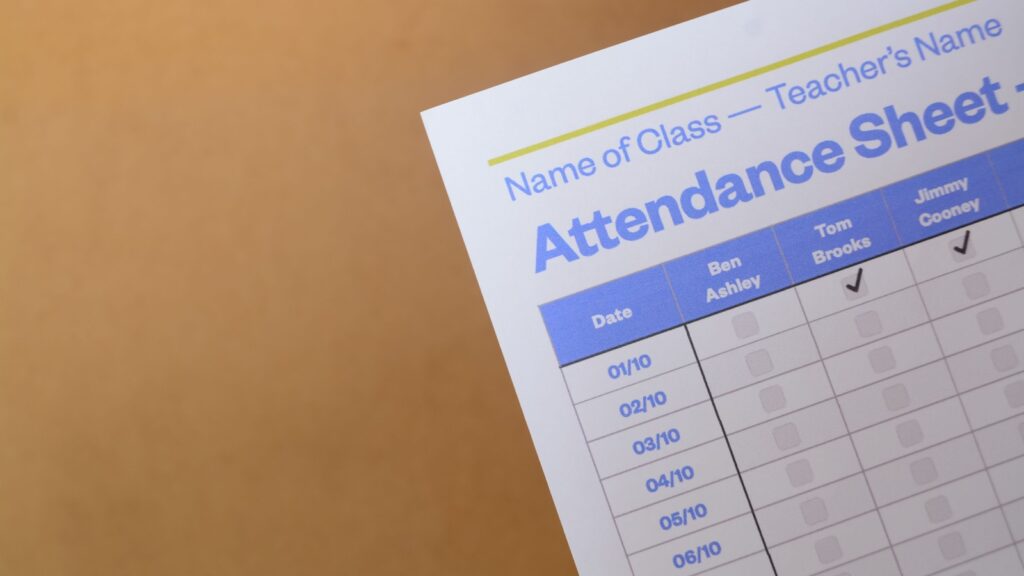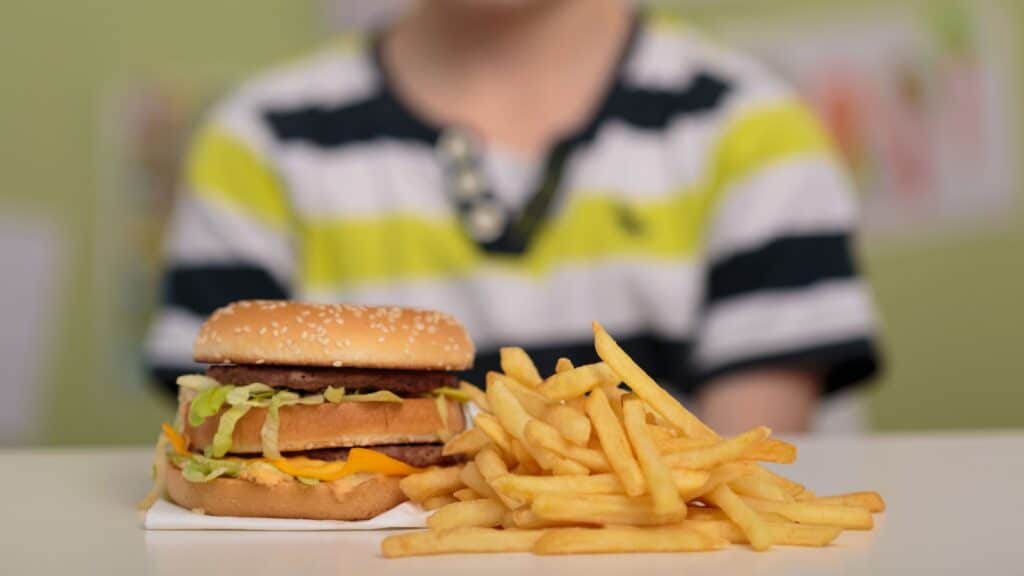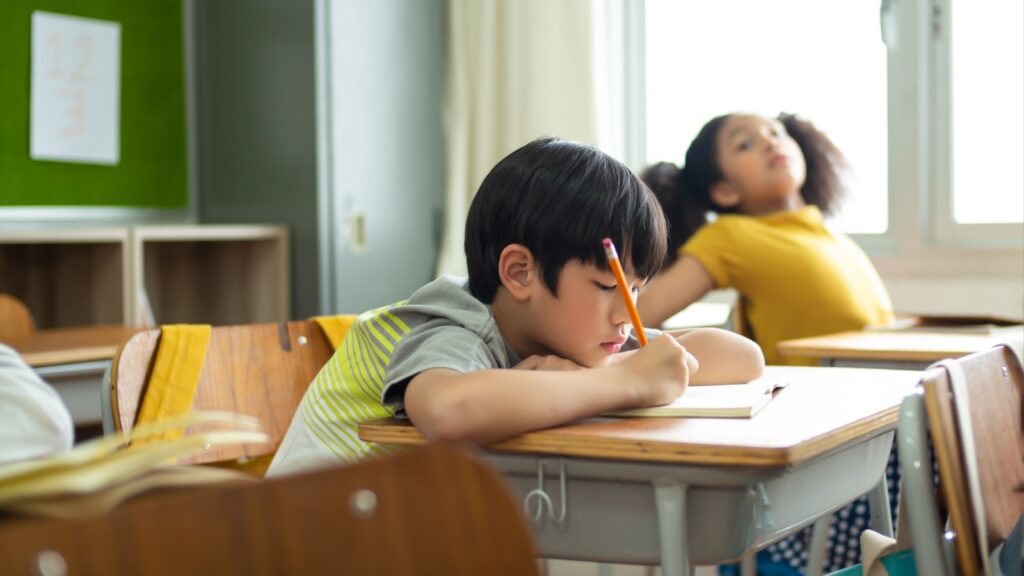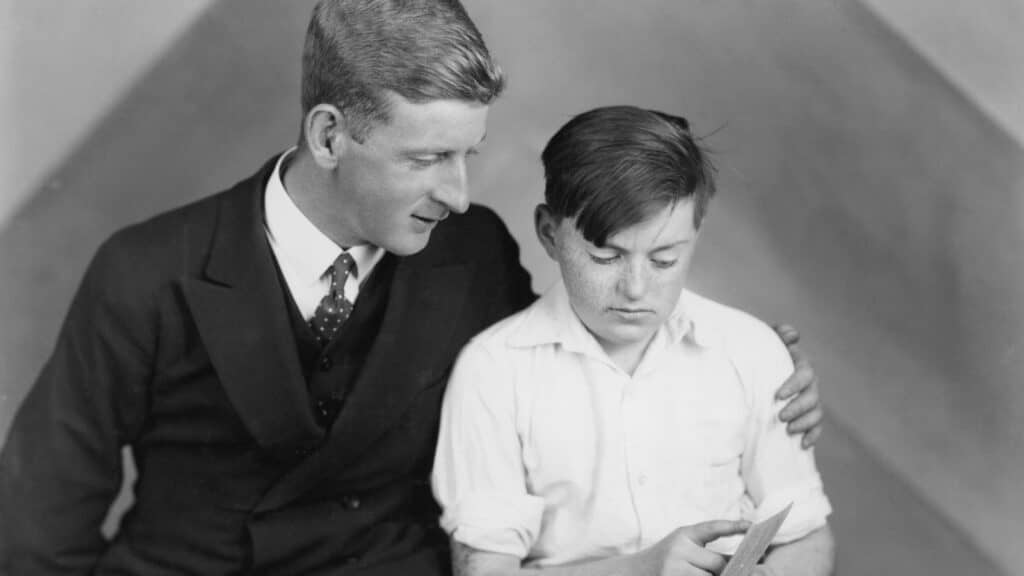Teachers are professionals, sure, but they’re also people. And people notice stuff, especially the kind of things that parents think other people ignore. Of course, most teachers would never say it out loud because they’re complete professionals, but that doesn’t stop them from secretly judging their students’ parents. Here are sixteen things that teachers judge parents for.
Acting Surprised by the School Supply List Every Single Year

It’s always funny when a parent acts shocked at the school list for every year. It comes out like clockwork, at the same time and with the same stuff, but there’s always someone who acts like the school dropped on them out of nowhere. They’ll say things like “This seems excessive” or “I didn’t plan for this.” But teachers are secretly thinking, “You’ve had since July and your kid is not your first. We know you saw it.”
Telling Teachers Their Kid is Gifted

Parents love to casually mention that their kid is gifted because of things they’ve done outside of school, like memorizing the subway map. It’s a big leap from a single skill to claiming that he’s top of the class. Of course, teachers know your kid might be bright. But they’re also watching them forget their shoes and eat crayons. Being smart at home isn’t the same as being gifted in class, and teachers aren’t impressed by random bits of trivia.
Asking for Harder Work When the Kid Hasn’t Finished the Regular Stuff

Similarly, every now and then, a parent will ask a teacher to give their kid something more advanced. That sounds fine, until they realize that the student’s regular spelling homework is still sitting in the backpack from last week. It’s always the same pattern of work going incomplete, then the parent insisting their child isn’t being challenged. You want extension work? Cool. Let’s start with finishing page 3 from last Tuesday.
Refusing to Believe Their Kid Ever Lies

Some parents genuinely think their kid is incapable of lying. They don’t think it’s unlikely or out of character, they literally think their child can’t do it. It doesn’t matter if the teacher has a witness or security footage because the parent will still defend their kid and say they didn’t do it. Teachers may not always fight it with them, but they’ll remember that these parents will defend their child, even if they set the classroom on fire.
Correcting Teachers on Classroom Decisions

You wouldn’t believe how many emails start with questions about the teacher’s decisions, without any questions about what happened. Many parents just assume the teacher’s in the wrong. Teachers get it. You want to advocate for your kid. But when parents skip the context and go straight to scolding, it tells the teacher that this parent doesn’t care about the truth.
Expecting Daily Feedback on Every Single Assignment

There’s always one parent who wants a play-by-play of every assignment, and they’ll bombard the teacher with questions like “Did she finish the science page?” and “Was his writing detailed enough?” Teachers don’t mind questions. The issue is that they just don’t have 30 hours in a day, and it’s annoying when one parent expects constant updates while 20 others are trusting the process. Teachers start thinking that this parent has to micromanage everything.
Bombarding Teachers with Messages

Similarly, some parents will send email after email when it’s about costumes or field trips, like “Is face paint allowed?” “Do we need matching socks?” But when the teacher reaches out about actual issues, such as behavior or missed work, they get silence. The parent who replied to everything within 30 seconds suddenly goes quiet. All teachers know the pattern, and they judge parents for being MIA when it actually counts.
Showing Up for Every School Celebration but Never for Conferences

A few parents have a sixth sense for party food, and they’re the first to RSVP for every sing-along and bring cupcakes with sprinkles. But when it’s time to talk about progress or behavior, they’re suddenly unavailable. Teachers see it happen year after year. The absence itself isn’t frustrating, but it’s more the message that it sends to the kids. It tells them that the fun stuff matters more than the learning, which simply isn’t true.
Treating School as Optional Whenever It’s Inconvenient

A quick weekend getaway turns into a week off, so the kid doesn’t turn up on Monday. When it keeps happening, teachers stop chalking it up to flexibility, and they start judging the parent. They believe that the parents are teaching the kid that school comes second to whatever else is going on. Nobody expects perfect attendance, but a parent who shrugs off every missed day isn’t taking their role seriously.
Keeping Their Kid Up Late for a Concert

Likewise, many teachers have seen kids walking in, looking like they just got off a red-eye flight. The reason? Their parents took them to a concert. That’s cool. But it’s a Tuesday, and the science quiz doesn’t cancel itself just because there were fireworks and backup dancers involved. Later, the parents will ask the teacher why their kid is “off today.” Teachers already know, and they cant stand the parents for these decisions.
Sending a Sick Kid to School

For most people, a temperature over 100 is a red flag, but not for all parents. Some of them send their kids in and say they’re fine, claiming “it’s just a tiny fever, I gave her Tylenol.” Meanwhile, the teacher’s trying to keep everyone from licking glue sticks, and now they have to avoid the germs, too. Half the class and the teacher end up catching the sickness. Teachers would rather parents be responsible and think about the effect their child’s being sick will have on the rest of the class.
Panicking at Midnight Over a Project That’s Been Assigned for Two Weeks

At one time or another, every teacher gets an email at 11:47 PM from a parent saying, “We just found out about the diorama. Is it really due tomorrow?” Yes, yes, it is. It was on the calendar, and the kid “forgetting” doesn’t mean the teacher assigned it with three hours’ notice. Teachers judge parents for this lack of communication and wish they’d be more mindful of their kids’ assignments.
Trashing School Lunches While Sending in Junk Food

There’s always one parent who says that they wish the school had more fresh options, like organic fruit. But their kid’s lunchbox is a bag of Doritos and an unrefrigerated Go-Gurt. Teachers notice this. What the kid eats isn’t important, rather, it’s the way the parent makes a big deal about healthy choices in public, then hands their child a can of soda at 10:30. It’s hypocritical.
Saying They’re “Too Busy” During Drop-Off

Some parents always say they can’t help with school stuff because “things are just crazy right now,” yet they somehow manage to show up every morning in full glam. Honestly, teachers don’t care about the look, and they’re more bothered about the impression it gives. Clearly, the parents have put in a lot of time to look good, which is ironic given that they’re supposedly too busy. If you have time for contour and Starbucks, you have time to open the weekly email.
Whispering Gossip About Other Kids at Pickup

Teachers hear everything, including parents who choose to gossip about other students on the playground. What bothers them the most is that the kids will go home and repeat this gossip, word-for-word. The teachers don’t have the energy to get involved, but they’ll definitely remember which parent feels like they can talk smack about other people. They’ll also remember which one minds their business.
Explaining Every Bad Day with “He’s Just Bored”

Whenever a kid’s behaving badly, some parents will brush it off by saying, “he’s just bored.” When they’re not following directions, it’s because “he needs a challenge.” However, let’s be real. Sometimes your kid’s just being a kid, and kids recognize this. Boredom might be part of their bad behavior, but it’s not a way to get out of responsibilities.
19 Old-School Parenting Habits That Still Work Today

In an era of gentle parenting, screen-time wars, some old-school techniques, and those “back-in-my-day” tactics were straight gold. Sure, they might seem “outdated” or “strict,” but this is the thing: those old-school moves work—better than those TikTok “tips.”
19 Old-School Parenting Habits That Still Work Today
17 Ways Parenting Has Completely Changed in the Last Few Decades

If you were raising a kid 10 or 20 years ago, you’d hardly recognize today’s parenting world. From TikTok moms to toddler mental health, here are 17 ways parenting has done a complete 180 in the last few decades.
17 Ways Parenting Has Completely Changed in the Last Few Decades

